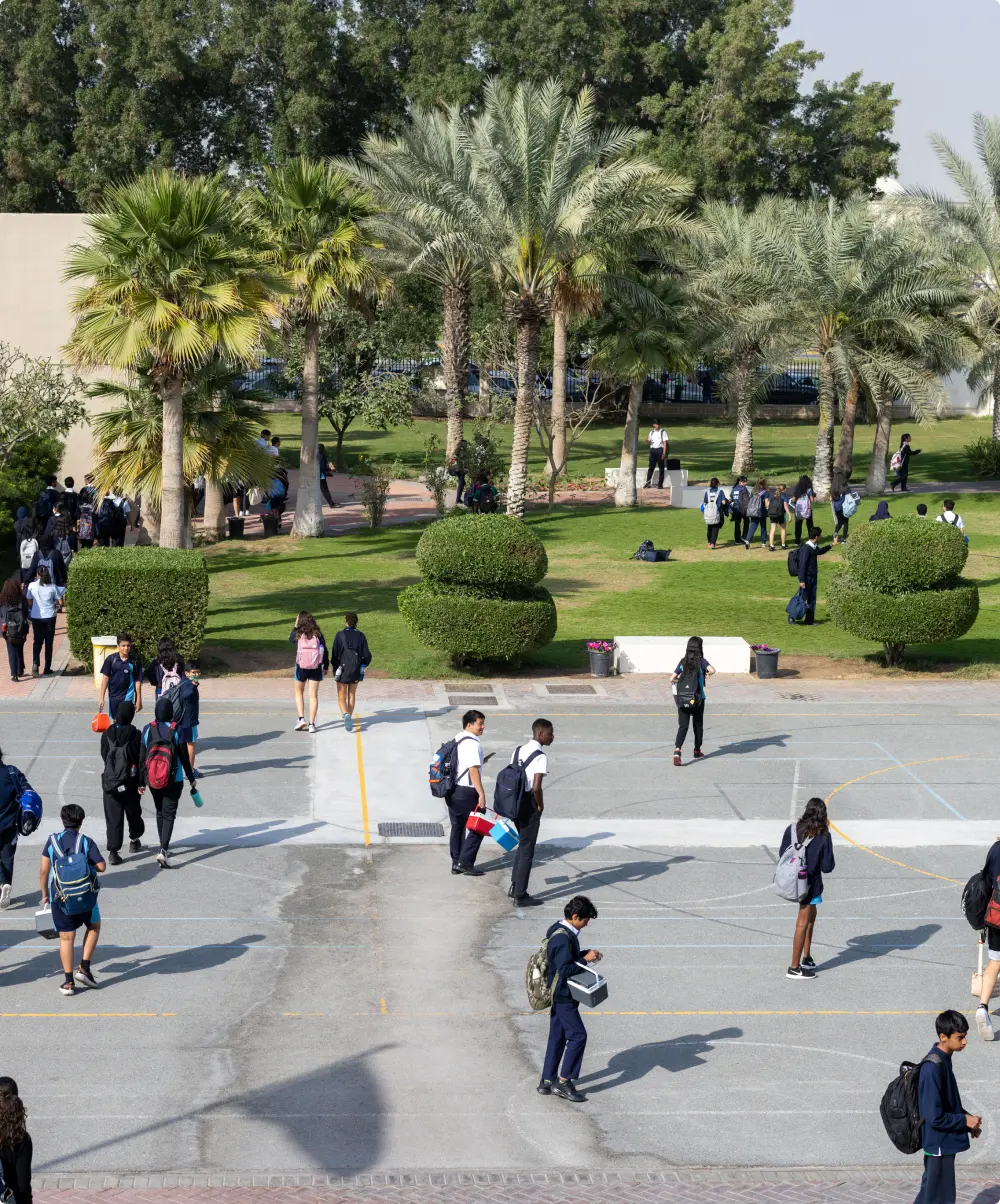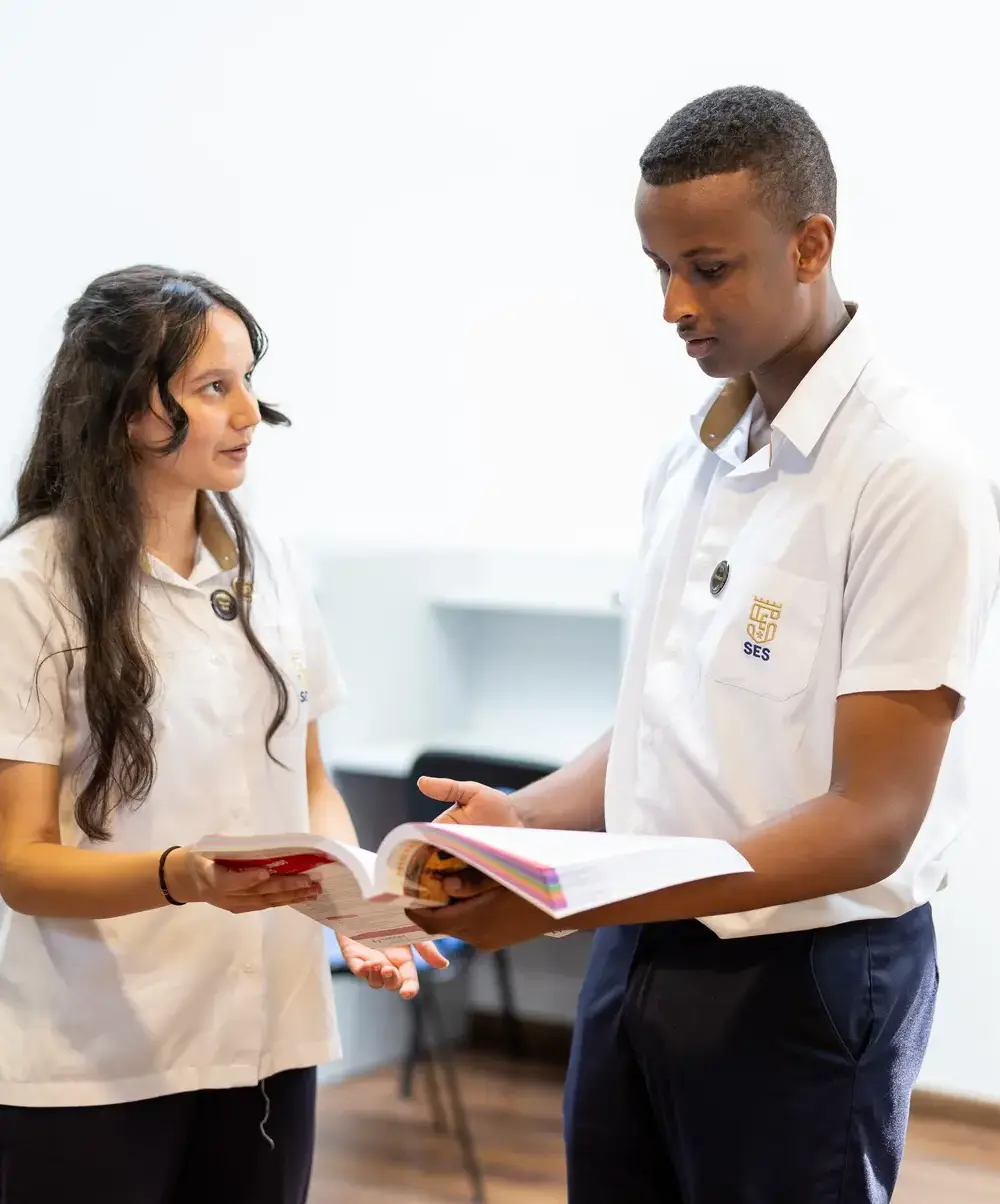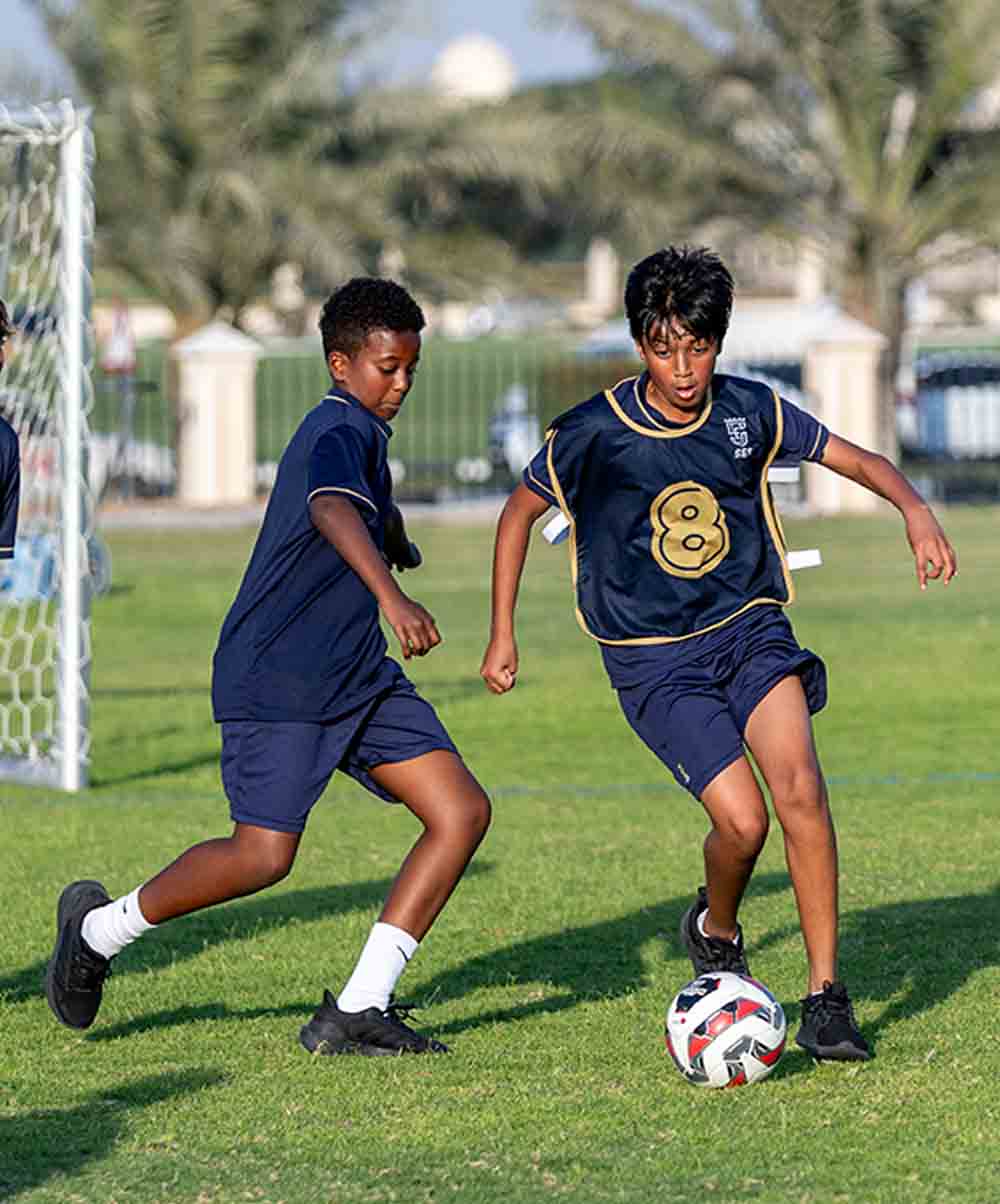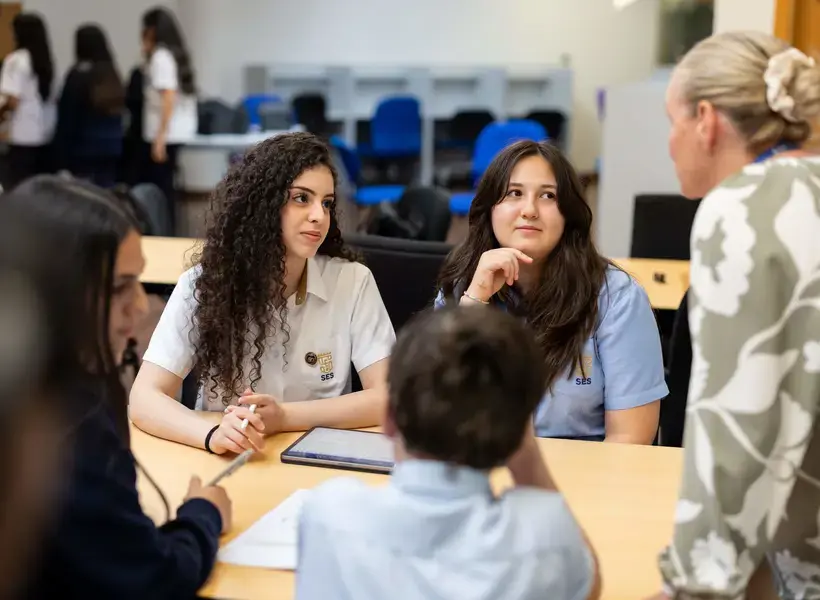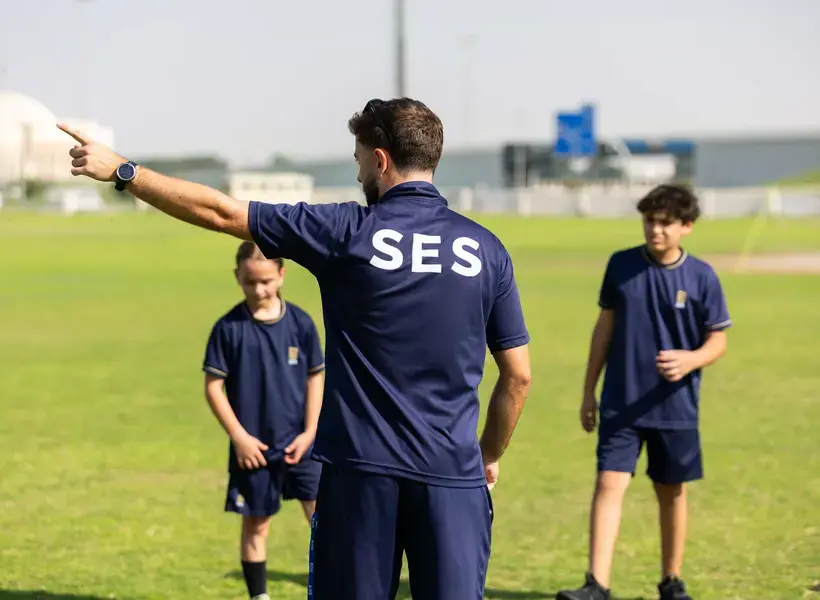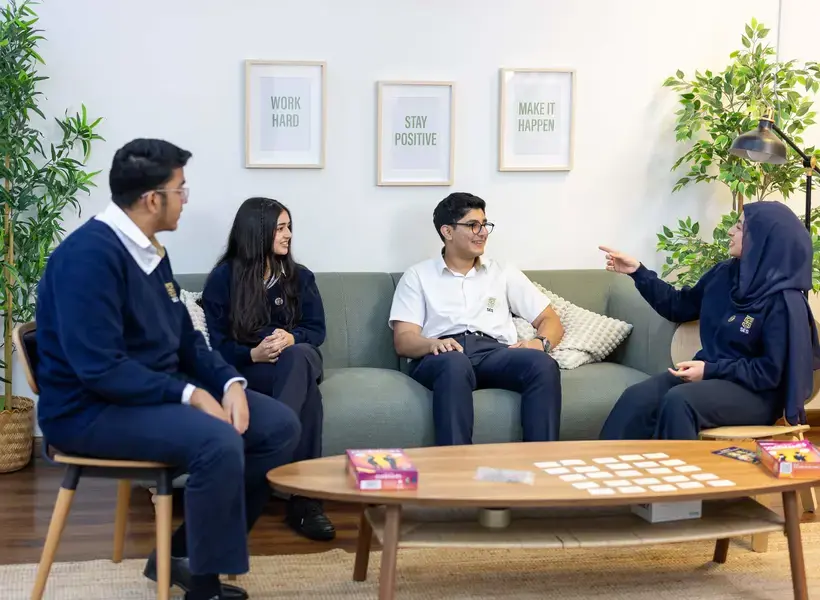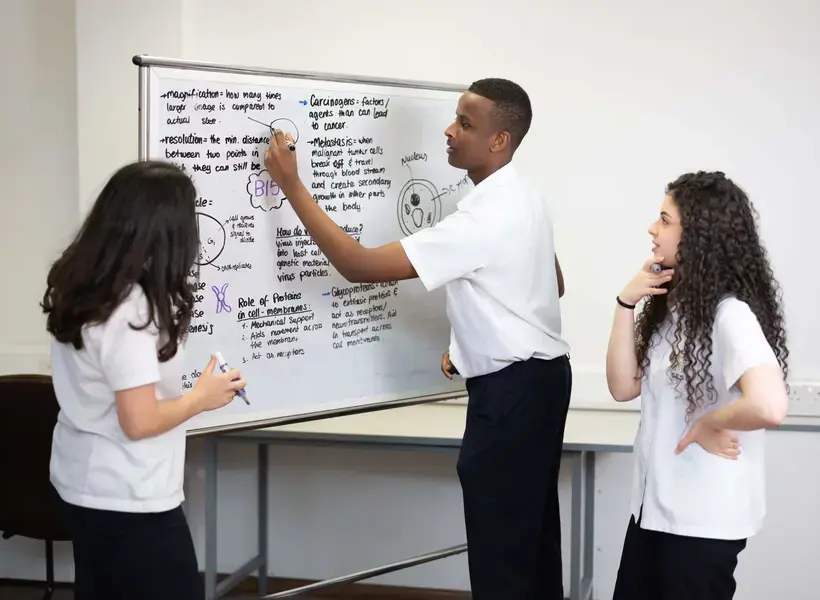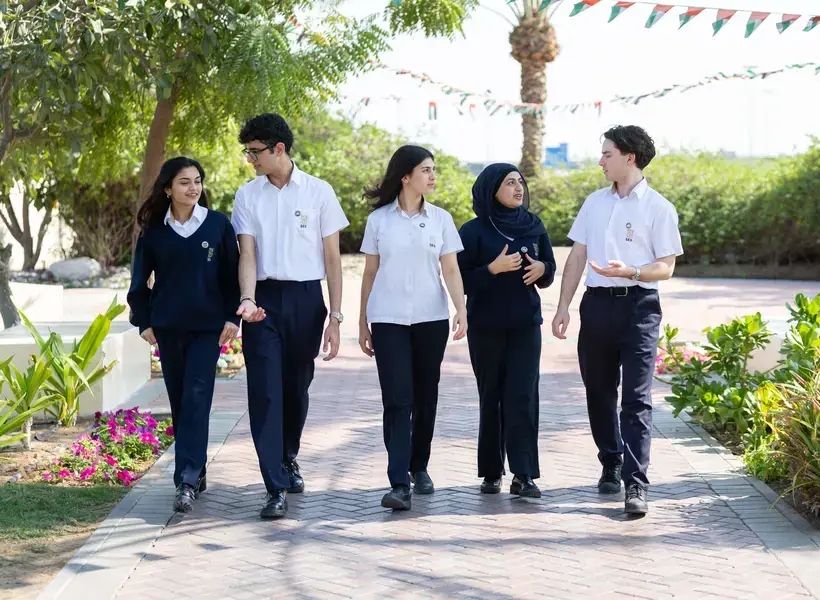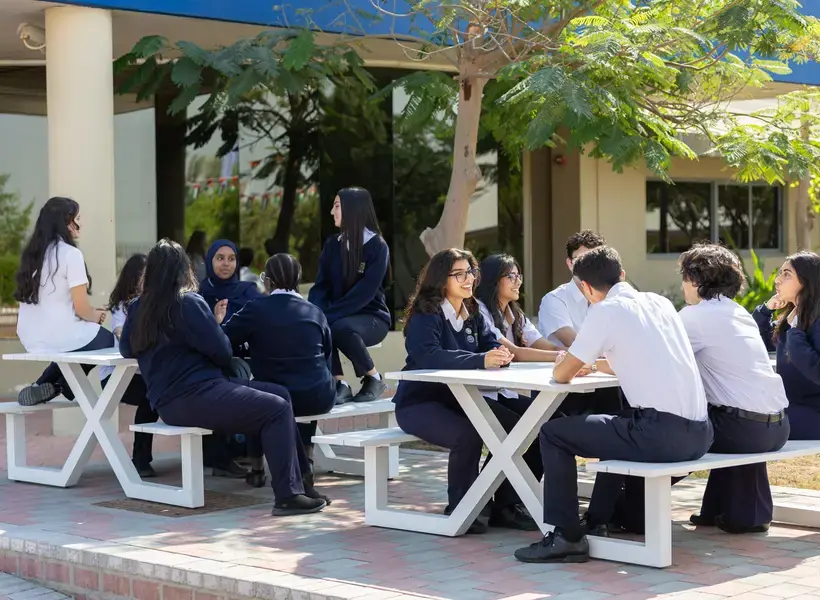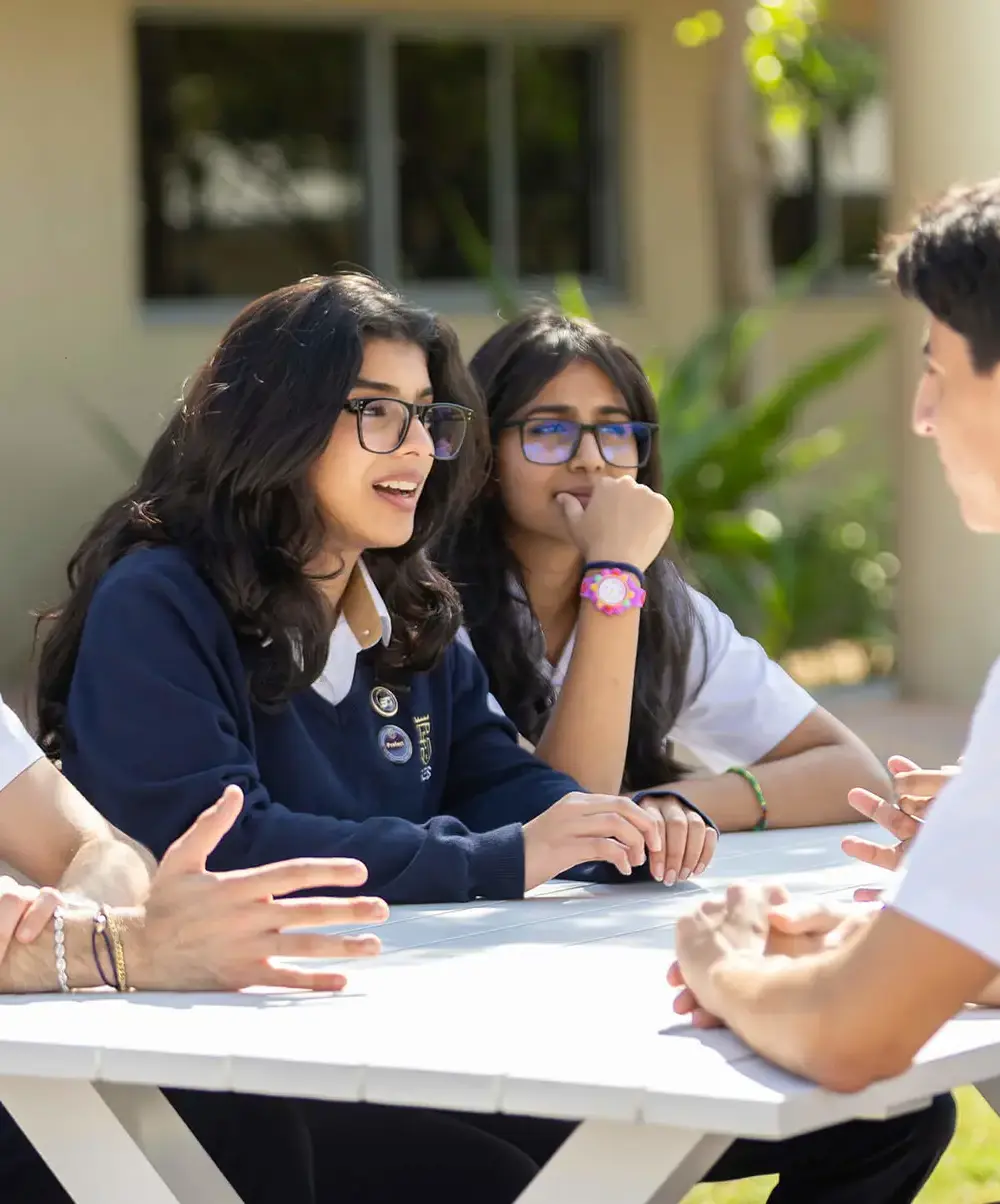|
|
We work hard to create a challenging, vibrant and nurturing environment that enables each child to flourish. We believe in the traditional values of an independent school education but we also embrace exciting new practices and are able to pull the best ideas from a wide variety of sources. We aim to match the expectations of good preparatory schools around the world and many of our graduating students have gained places and even scholarships at some of the top Universities in the world such as in the UK, USA, Canada and Australia. |
SCHOOLS SHOULD PROMOTE LEARNING WHEREVER IT MAY HAPPEN
OUR ADVENTURES
